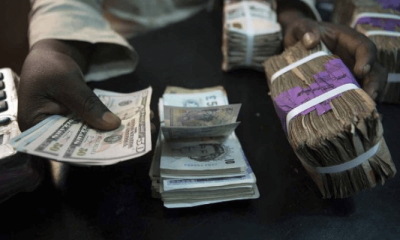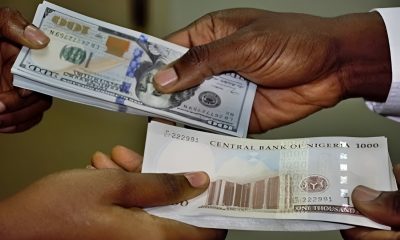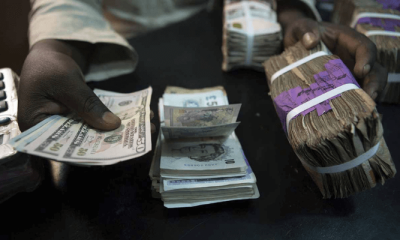By Odunewu Segun
The Federal Government has foreclosed the possibility of early reversal of the government policy restricting importers of about 41 items from assessing the official foreign exchange market.
President Muhammadu Buhari stated this during the Presidential Media Chat yesterday while answering question on the possible on the possible devaluation of the naira. “We have our priorities; to provide money to fund the projects we have already outlined and not for those who want hard currency to import textile and toothpick.”
While emphasizing that his government would not support devaluation of the naira, President Muhammadu Buhari stated that his administration would not condone unbridled importation of goods into the country.
The Governor of the Central Bank of Nigeria, Mr. Godwin Emefiele had July, 2015 announced that the apex bank would not allow foreign exchange for the importation of about 41 items, aimed at reducing the pressure on the limited foreign reserve and boast local production.
Although the recent decision by the Central Bank of Nigeria (CBN) to bar banks and Bureau de Changes from extending foreign exchange to importers of 41 restricted items may be considered an unpopular policy by stakeholders in the import sector, it is by all intent, one of the most strategic steps so far taken by the management of the apex bank in the bid to halt the massive erosion of the nation’s foreign reserves now hovering around $29billion.
The list of the items include cement, margarine, palm kernel, vegetable oil, poultry products (chicken, eggs and turkey), Indian incense, tinned fish in sauce (Geisha, Sardines), cold rolled steel sheets, galvanized steel, roofing sheets, wheelbarrows, head pans, metal boxes and containers, and enamel ware.
Others are steel drum, steel pipes, wire mesh, steel nails, wire rods, security wire, wood particle and board, wood fibre boards and panel, plywood board and panel, wooden doors, toothpicks, glass and glassware, kitchen utensils, tableware, tiles and wooden fabrics, plastic and rubber products, soap and cosmetics.
The apex bank, in a circular dated June 23, 2015, stated that the implementation of the policy would be to conserve foreign reserves and facilitate the resuscitation of domestic industries as well as generate employment.
According to the circular, it was imperative to exclude importers of some goods and services from accessing foreign exchange at the Nigerian foreign exchange market in order to encourage local production of the items.
There are concerns that the consumers would pay more for the items which are being denied foreign exchange because importers would extend their search for foreign currencies on the street market also called black market.

 Football6 days ago
Football6 days ago
 Health & Fitness13 hours ago
Health & Fitness13 hours ago
 Aviation1 week ago
Aviation1 week ago
 Featured4 days ago
Featured4 days ago
 Comments and Issues6 days ago
Comments and Issues6 days ago
 Education5 days ago
Education5 days ago
 Business5 days ago
Business5 days ago
 Education1 week ago
Education1 week ago













